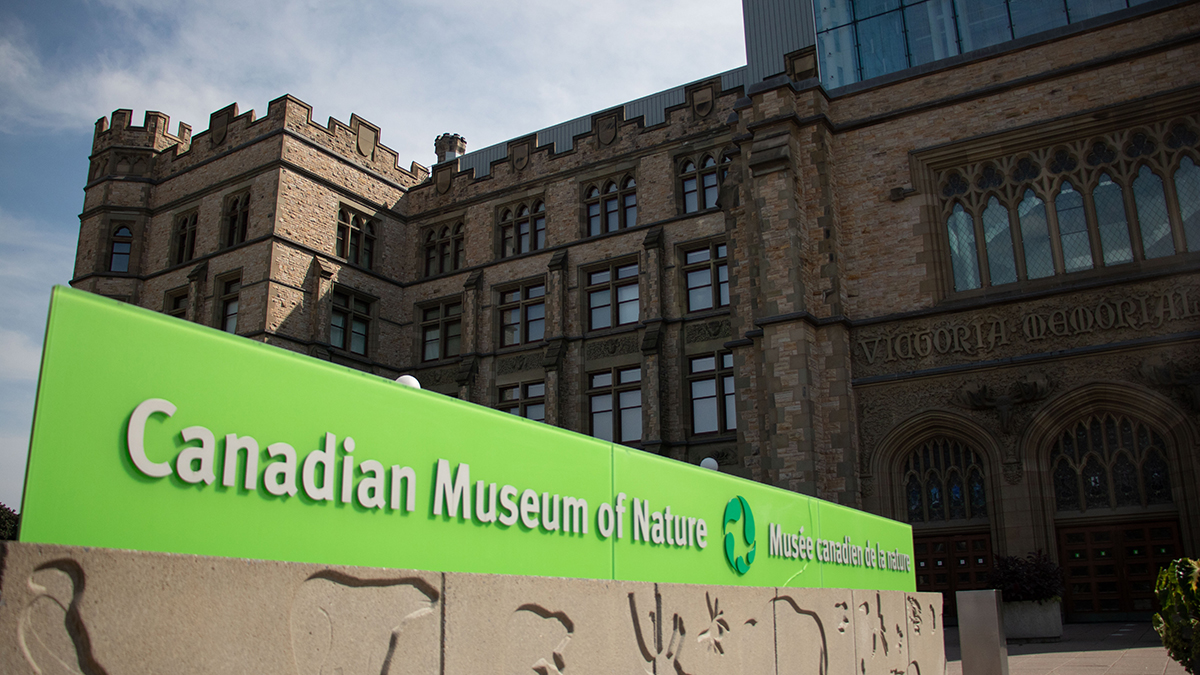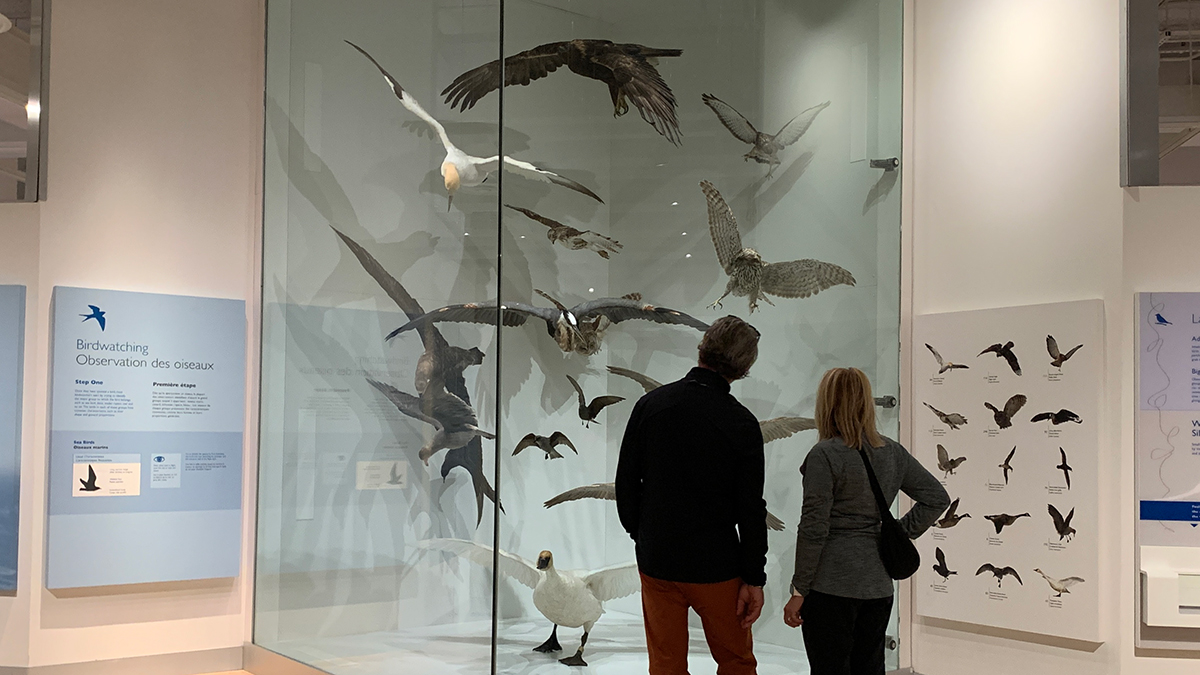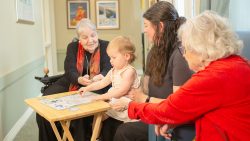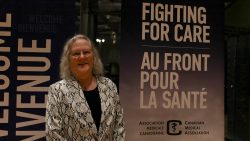A new program allows doctors to prescribe patients free passes to the Canadian Museum of Nature to help boost mental health.
Under the PaRx program, doctors can give a prescription to patients they feel would benefit from some time in nature or at the museum. Even two hours a week outdoors can help minimize the risk of dementia and cardiovascular disease and may reduce symptoms of anxiety, depression and chronic pain, according to the Journal of Positive Psychology.
Originally introduced in 2020 by the BC Parks Foundation, PaRx has garnered the support of more than 11,000 Canadian health-care practitioners.
Darcy Ferron, vice-president of strategic and external affairs at the museum, said having the downtown institution join the program will benefit those who have limited access to the outdoors.
“From an accessibility standpoint, not everyone can go for a hike, not everyone can access Gatineau Park, so we need to offer nature experiences in other compelling ways than just physical exertion.”
If prescribed the pass by their doctor, patients get free access to the museum for 60 days. The prescription also allows up to five people, a maximum of three adults, to accompany them.
Ferron said he also hopes visits to the museum will inspire a deeper connection with nature.
“As a national museum with a focus on natural history and nature, we’re so well-positioned to offer a place to be inspired by and to find a connection with nature,” he said. “I think the goal is … to be compelling, to provide interactive experiences and to really inspire people to get involved in nature [and] inspire people to protect our planet.”
Some are skeptical. Estelle Penvezena, a visitor at the museum, said she wasn’t sure how effective a visit to the museum would be.

“I don’t see how going to the museum can help [with] mental health,” she said. “But if the doctors say it’s good then … I’m not going to say they’re not right.”
Prescription in hand, some people might request time off work if they are unable to visit on their own time — especially since the museum closes at 4 p.m. weekdays, except on Tuesdays and Thursdays.
Penvezena said she didn’t believe her employer would take her seriously if she ever requested a day off to go to a museum, even with a doctor’s prescription.
Museum visitors Jenna Wilson and Tanner Morrow said they could see why some might not take it seriously, but said they understand nature’s ability to calm people.
“If I was given the day off to go to the museum, I definitely would,” Wilson said.
Some employers are open to the idea. For Cedars & Co. Food Market operations manager Marilyn Dib, the idea presents no problems. She said she already gives her part-time employees time off if they request it.
“If a doctor were to prescribe to go to the museum … I wouldn’t have an issue with it if the person had pre-requested their leave,” Dib said. “Some people need to get away for their mental health, so it’s important.”
Requesting time off may be a different story for full-time workers.
Dr. Owen Wiseman, one of the first doctors to subscribe to the program in Ontario, said both employers and patients often doubt the prescription’s legitimacy.
But he said that “opens up a dialogue. A patient should have caution about any intervention recommended by a health-care provider, not because it’s wrong, not because it’s not well researched, [but] because it’s their body and they’re in charge.”
Dr. Owen Wiseman describes his process for discussing the PaRx program with his patients.
Wiseman emphasized the benefits of nature therapy and said the museum is “a powerful situation” for everybody, including those with limited access to the outdoors.
“Even the power of hearing bird sounds and hearing nature sounds — we know it can drop your cortisol levels, we know it can reduce your stress, so when people walk through the museum and they hear those noises, they are getting those active benefits without having to step onto a dirt floor,” he said.
Wiseman said that while more data is needed to back up the prescription program and thus convince employers to take the program more seriously, he hopes other countries will replicate it.
“Even if you had 1,000 people saying ‘I feel great when I get out in nature,’ that’s often not enough. You need to show them the hard numbers … because unfortunately, data does speak,” Wiseman said. “My hope is within five years — sooner would be better — that employers do recognize, ‘Oh, this is something that’s helping support my employee’s well-being. That is valuable and I’m going to give you that time off.’ ”




